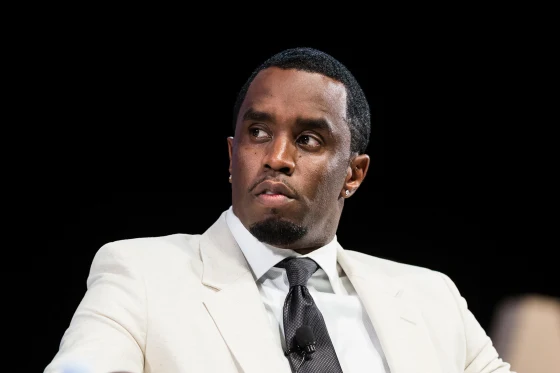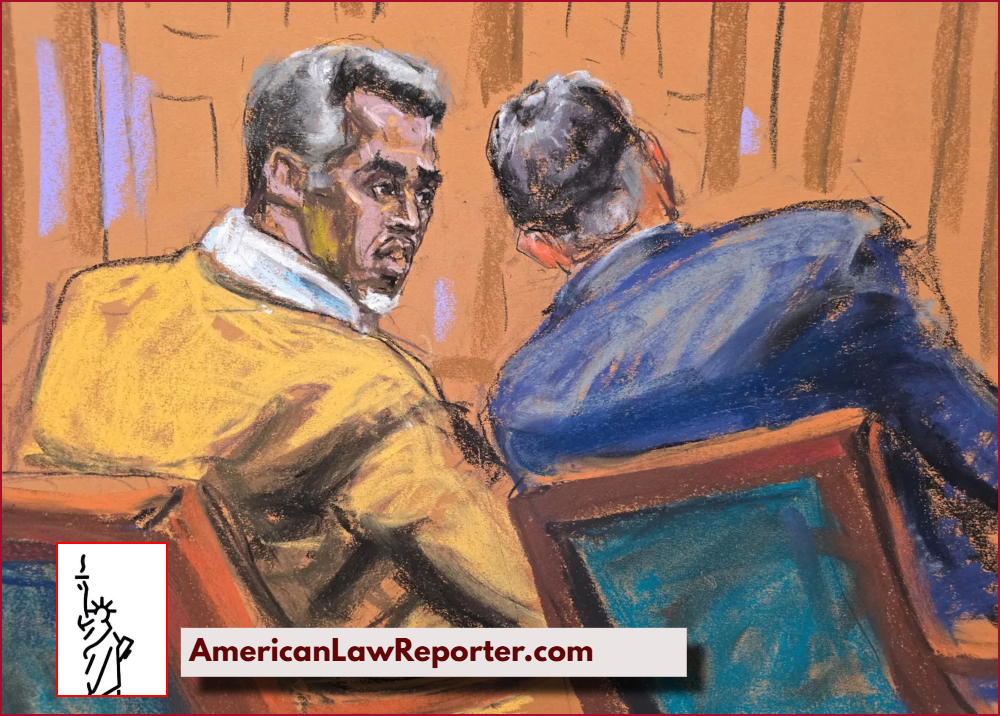In the ongoing federal trial against music mogul Sean “Diddy” Combs, what was expected to be a landmark RICO case—one that might expose a sprawling criminal enterprise—seems to be steadily narrowing in scope.
At this point in the proceedings, the prosecution appears to be leaning heavily into allegations of domestic violence, as evidenced by the emotionally charged testimony of Casandra “Cassie” Ventura, and later her mother, Regina Ventura, rather than delivering on the complex elements typically required to secure a RICO conviction.
Let’s be clear: RICO (the Racketeer Influenced and Corrupt Organizations Act) is designed to prosecute coordinated criminal enterprises—networks where leaders orchestrate illicit activity through subordinate actors. To meet this burden, the government must show a pattern of racketeering involving multiple individuals and coordinated criminal acts that go beyond personal misconduct.

For instance, Cassie’s tearful testimony—where she reportedly broke down, expressing that she “just wanted to make him happy” and feared his anger—is undeniably powerful. But as moving as her account may be, it risks being framed by the defense as a story of toxic love, not federal racketeering.
The defense has pointed out that Cassie acted out of personal devotion rather than coercion rooted in a criminal enterprise. They’ve argued that she was an adult, capable of making her own decisions, however damaging those choices may have been. That argument may not sit well morally, but legally, it could resonate with jurors if the prosecution continues to blur the lines between state-level abuse and federal racketeering.
The government’s focus on intimate partner violence—questioning Cassie about how she dressed, who arranged her travel, and her willingness to participate in disturbing scenarios—has so far not established a clear pattern of enterprise-level trafficking or coordination with others. Legal commentators appearing on major networks believe the narrative feels disconnected from a broader conspiracy. In short, they’re painting Diddy as an abuser, not as a crime boss managing a syndicate.

To be blunt, courtroom observers are starting to walk out as reported by numerous news outlets. What was billed as a bombshell federal trial is beginning to look like a domestic abuse case in federal clothing. That isn’t to downplay the gravity of the allegations; but if prosecutors can’t tie Diddy’s actions to a wider pattern of organized, multi-person criminal conduct, the RICO charges may not stick.
The prosecution still has time to pivot and present a more cohesive enterprise theory. They’ll need to move beyond anecdotal accounts and establish structure: who else was involved, what criminal activities they facilitated, and how Diddy benefited from this orchestrated pattern.
Until then, this case risks becoming a cautionary tale about overcharging. Without clear evidence of racketeering, the federal government may struggle to justify why this isn’t being tried in state court.
Whether Diddy walks on the RICO charges will ultimately depend on whether the jury sees him as a manipulative ex-partner—or as the head of an organized criminal operation. Right now, that distinction remains painfully unclear.
For continued coverage of the Sean Combs trial and other major legal news, stay tuned.

